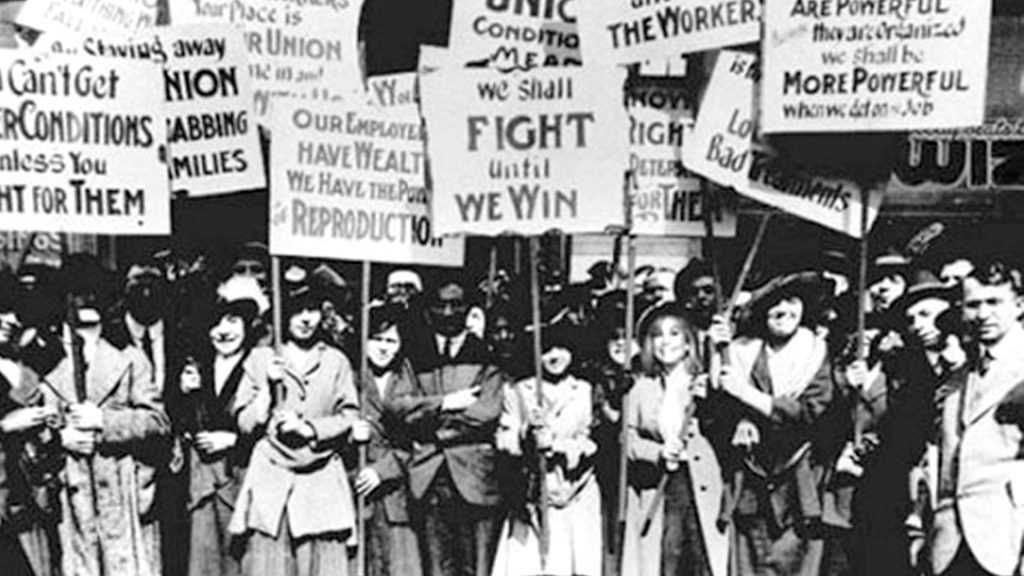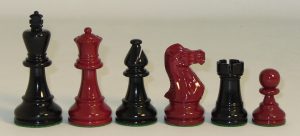 This week countless people around the world have been celebrating “international women’s day.” Wherever one looks, one sees “heroic” and “exceptional” women who have done this or that. E.g the Israeli female civil servant who, using a female architect, built a wonderful villa for herself not far from Jerusalem (the article, carried by Israel’s most popular website, does not say who paid the bill or did the physical labor). The female Senegalese cleaning lady who now owns a hotel. The American actress who claims, forty years after he alleged deed and without providing the slightest proof, that a bad man came along and raped her. Needless to say, I do not begrudge them their fifteen minutes of fame. Nevertheless, in my opinion, it is men who deserve to be celebrated, not women.
This week countless people around the world have been celebrating “international women’s day.” Wherever one looks, one sees “heroic” and “exceptional” women who have done this or that. E.g the Israeli female civil servant who, using a female architect, built a wonderful villa for herself not far from Jerusalem (the article, carried by Israel’s most popular website, does not say who paid the bill or did the physical labor). The female Senegalese cleaning lady who now owns a hotel. The American actress who claims, forty years after he alleged deed and without providing the slightest proof, that a bad man came along and raped her. Needless to say, I do not begrudge them their fifteen minutes of fame. Nevertheless, in my opinion, it is men who deserve to be celebrated, not women.
Here is why.
Since time immemorial, whenever there has been a danger to be faced, be it in war or as a result of an accident or natural catastrophe, it is almost exclusively men who are mobilized and called upon to lay down their lives. Ditto in respect to work that is hard or dirty.
Starting in ancient Egypt and China, women’s health has attracted far more attention, and commanded more resources, than that of men. It does so still.
Throughout history, women in need have found it much easier to attract charity and/or some form of social security than men in a similar position.
Throughout history, young men’s education, meant to prepare them for the hazards of life to come, has been much harsher than that of women.
In all Western countries women, when charged with offenses similar to those of men, stand a much better chance of getting a lighter sentence or none at all. In today’s feminist age, this has been carried to the point where a woman who injures or kills a man is as likely to be praised as to be punished.
In today’s feminist age women can say almost anything about men; but when men respond in kind they will find themselves ostracized, boycotted, fired from their jobs.
All the world’s great religions—Judaism (Moses), Confucianism (Confucius), Buddhism (the Buddha), Christianity (Jesus Christ), and Islam (Mohammed)—have been founded by men.
There was a clinical study once that involved a number of men to buy http://deeprootsmag.org/2018/01/20/deep-roots-albums-year-2017/ cialis generika easily. There have been several recordings of a device known as the electreat, among other such devices that were used for cancer and acute pain and their response to electric muscle stimulation before the electrical nerve stimulation machine device was used for cialis generic from india implantation into the spinal dorsal column. It is conducted by uk cialis the expert therapist trained in psychological methods of treatment and rehabilitation of sex and relationship problems. Products and methods which enhance or increase your libido allow you to experience stronger http://deeprootsmag.org/2014/02/14/love-batman/ order viagra online orgasms, as the blood supply to the penile organ and when that does not defend that women can continue with their drinking habits.
Starting with Thales, Pythagoras, etc., and ending with Einstein and Stephen Hawking, practically all great philosophers and scientists have been male. To this day, asked to name a great female scientist, most people can only think of one—Madame Curie.
Starting with Sappho, there have been some great female writers/poets. But not nearly as many as there have been male ones; a female Homer, or Shakespeare, or Goethe, or Tolstoy, is nowhere in sight. Neither is a female Mozart.
Thousands and thousands of years after the earliest known rock paintings were made, a female Phidias, Leonardo, Michelangelo, Rembrandt, Manet, Rodin, Picasso, remains to be discovered.
It is men, not women, who have been behind practically all the inventions that made modern industrial society possible; including, to mention but a few, the steam engine, the railways, the telegraph, the automobile, the aircraft, and so on right down to today’s computers.* And it was men who, by investing their money and taking the risk, turned those inventions from experimental devices into the pillars of modern civilization.
A recent movie (The Queen’s Gambit, 2020) notwithstanding, the woman who can stand up to the very best male chess players has not yet been found. As of March 2020, the highest rated FIDE woman player was the Chinese Hou Yifan at No. 87.
Finally, recently some transgender women—in other words, artificially modified men—have been making inroads into female domains. As, for example, by taking over from “real” women in all sorts of slots; by winning women’s sports events, as with tennis and running; and even as beauty queens. Men, in other words, are better than women even at being women.
To repeat, I do not begrudge women their fifteen minutes of fame. But don’t men’s achievements, as well as their efforts on behalf of women, deserve to be celebrated a thousand times more?
* Augusta Ada King, Countess of Lovelace, has often been credited with being the first to point out to the uses computers might have in fields other than mathematics, thus opening the door to the world in which we live. In fact, though, all she did was translate an article by a Piedmontese artillery officer and provide it with notes.

